Alright – so today we’ve got the honor of introducing you to Letícia Alminhana. We think you’ll enjoy our conversation, we’ve shared it below.
Letícia, thanks for joining us, excited to have you contributing your stories and insights. Is there a heartwarming story from your career that you look back on?
I’m asking myself: what is not heartwarming in life? As a psychologist, I can see simple, even ordinary things, turning into deep emotional stories. As one of my patients who was so sad about a vase of flowers that was changed to another place in her building. She was impatient with her rigidity, her resistance with small changes in her day by day life. But, as it turned out, a few minutes before the end of the session, she looked at me and said: “Those flowers were planted there by my aunt. She is an old woman and the last reference of a mother to me.”. And tears came from her eyes. Even an ordinary vase of flowers can be heartwarming, depending on what is on its roots, isn’t it? Going back to my career, I started to research spirituality and mental health, because of what I lived in my childhood and adolescence. I was from a very religious family and my mother had some strong spiritual experiences, although she was also emotionally unstable. My mother died when I was 21 years old, and left me and my three younger sisters. At that time, I was in my Psychology undergraduate course. By then, I thought I would learn something about how to understand spiritual experiences from a psychological and scientific point of view. But all I learned was that Psychology “could not talk about religion”, end of discussion. However, as I can be very persistent when I truly believe in the importance of something, all the research I did in my academic career was about Psychology and Spirituality. More specifically on how to distinguish spiritual experiences from mental health disorders, like bipolar, dissociation and psychosis. After getting my PhD in Health, I’ve got a scholarship to study at the University of Oxford/UK, for a post doctoral programme. I did many studies about Schizotypy, Mediumship, Anomalous Experiences and Psychopathology. And wrote scientific papers about the fact that: “Yes, Psychology can talk about religion, from a scientific point of view”. But, after almost 20 years of research, I stopped. Something was not fitting anymore and my academic career started to move to a more introspective and personal one. I started to write a book about my own experiences with spirituality and emotions. It was when I finally realized that all of this time I was trying to understand my mom. It was a long journey to avoid grief and sorrow. Only 20 years after her death, I could deal with her absence in my life. However, I realized all of this time, I was talking, researching, writing about her. Maybe that’s why that patient and her resistance with a little change of the place of a vase, touched me so much. We, daughters in grief, can cry because of a vase or persist for 20 years in a career, just to avoid losing our loving mothers once more, in the memory. And that’s why, there is no way of living a not heartwarming life.
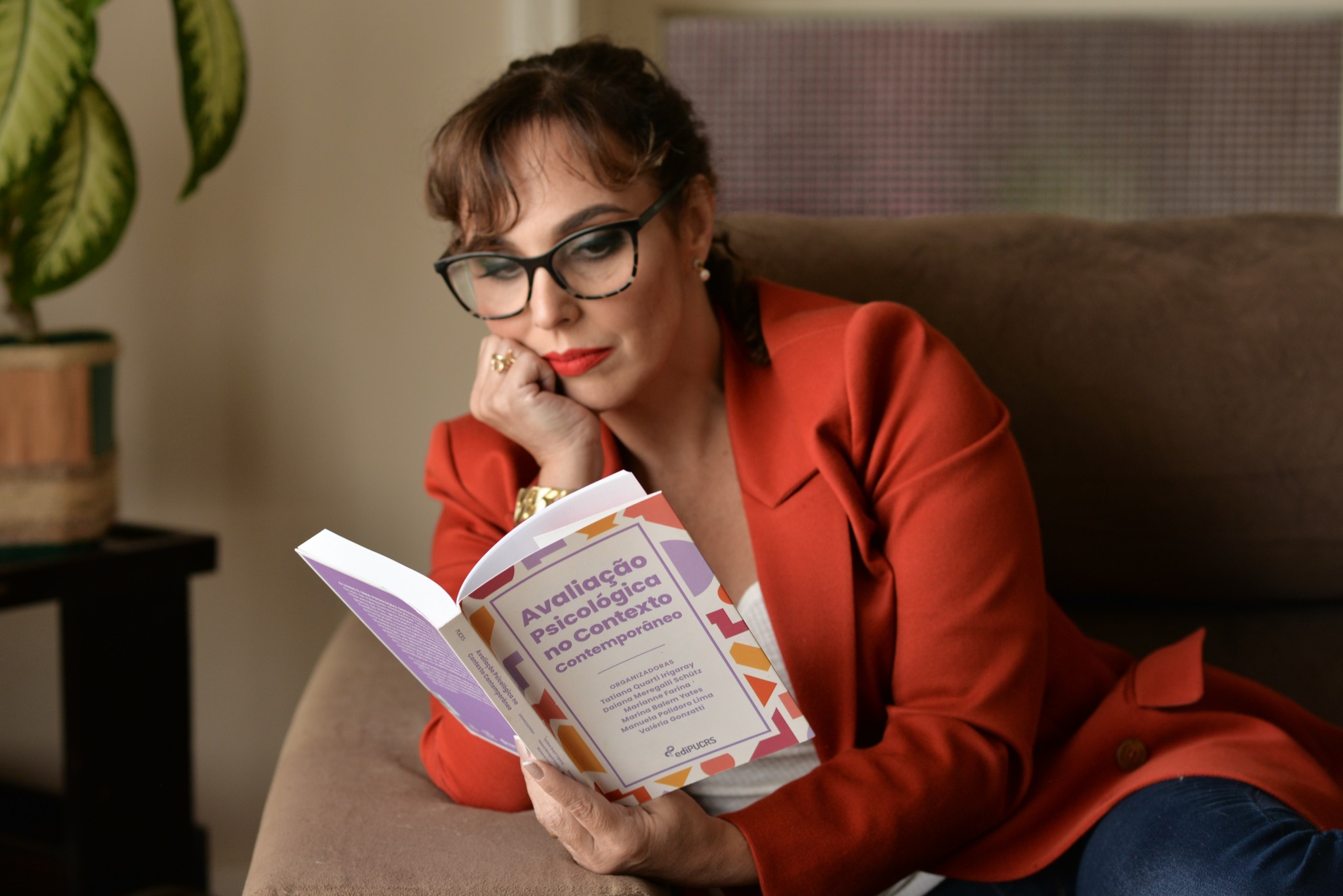

Letícia, before we move on to more of these sorts of questions, can you take some time to bring our readers up to speed on you and what you do?
I am a Psychologist, with PhD in Health and my academic career was researching how to distinguish spiritual experiences from mental health problems. I work as a psychotherapist with Mindfulness and Process Based Therapies (Acceptance Commitment Therapy – ACT) and I work with the Psychobiological Model of Temperament and Character, developed by Dr C. Robert Cloninger. I wrote many scientific papers and organized a Collection of 3 volumes on Spiritual Experiences and Clinical Practice. And I, also, work as a writer on literature. I published a first child book, named “The Crazy Family” (“Crazy as their last name). and my autobiography, titled: “Telling to Myself”, where I tell about my personal history with spirituality and mental health.
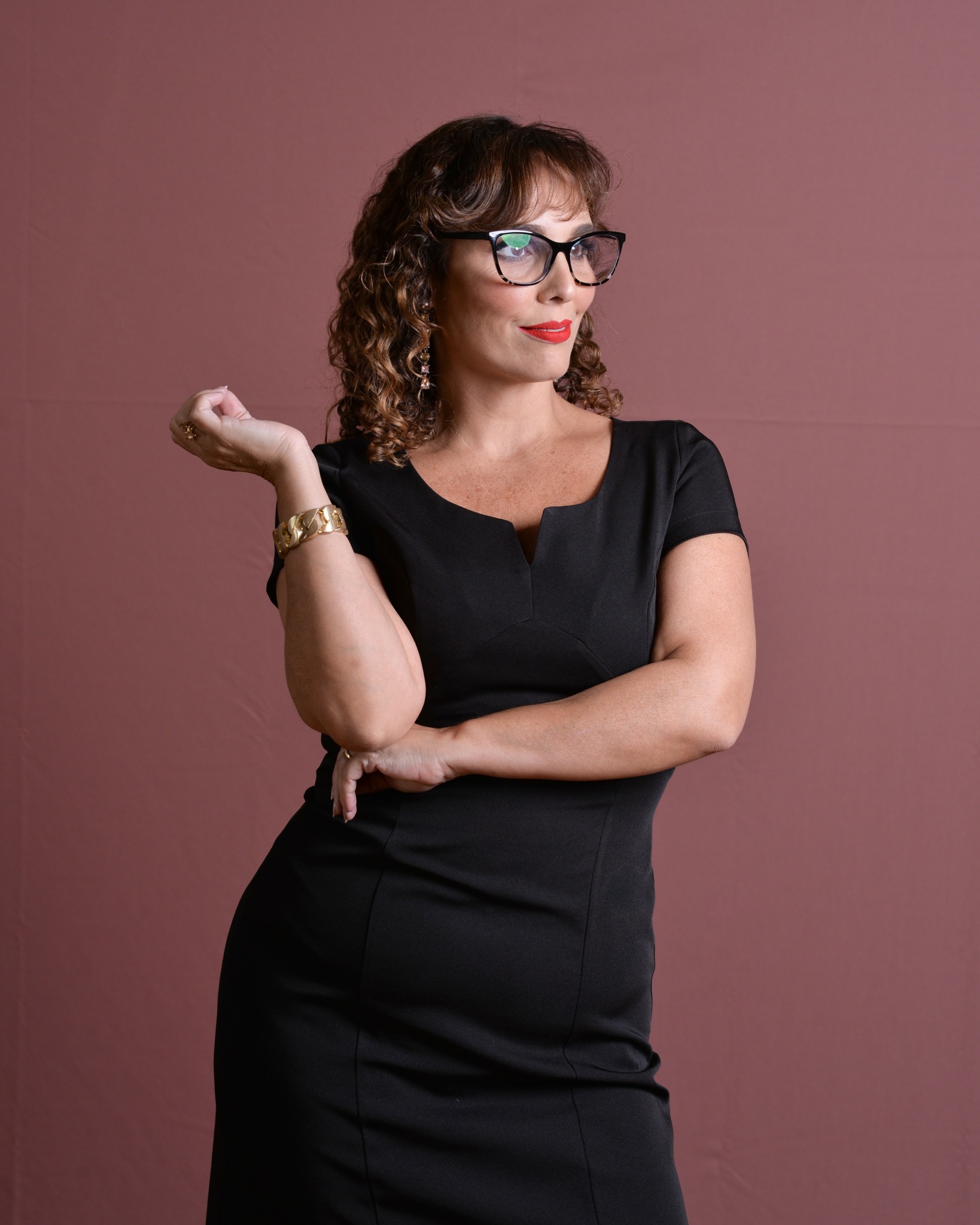
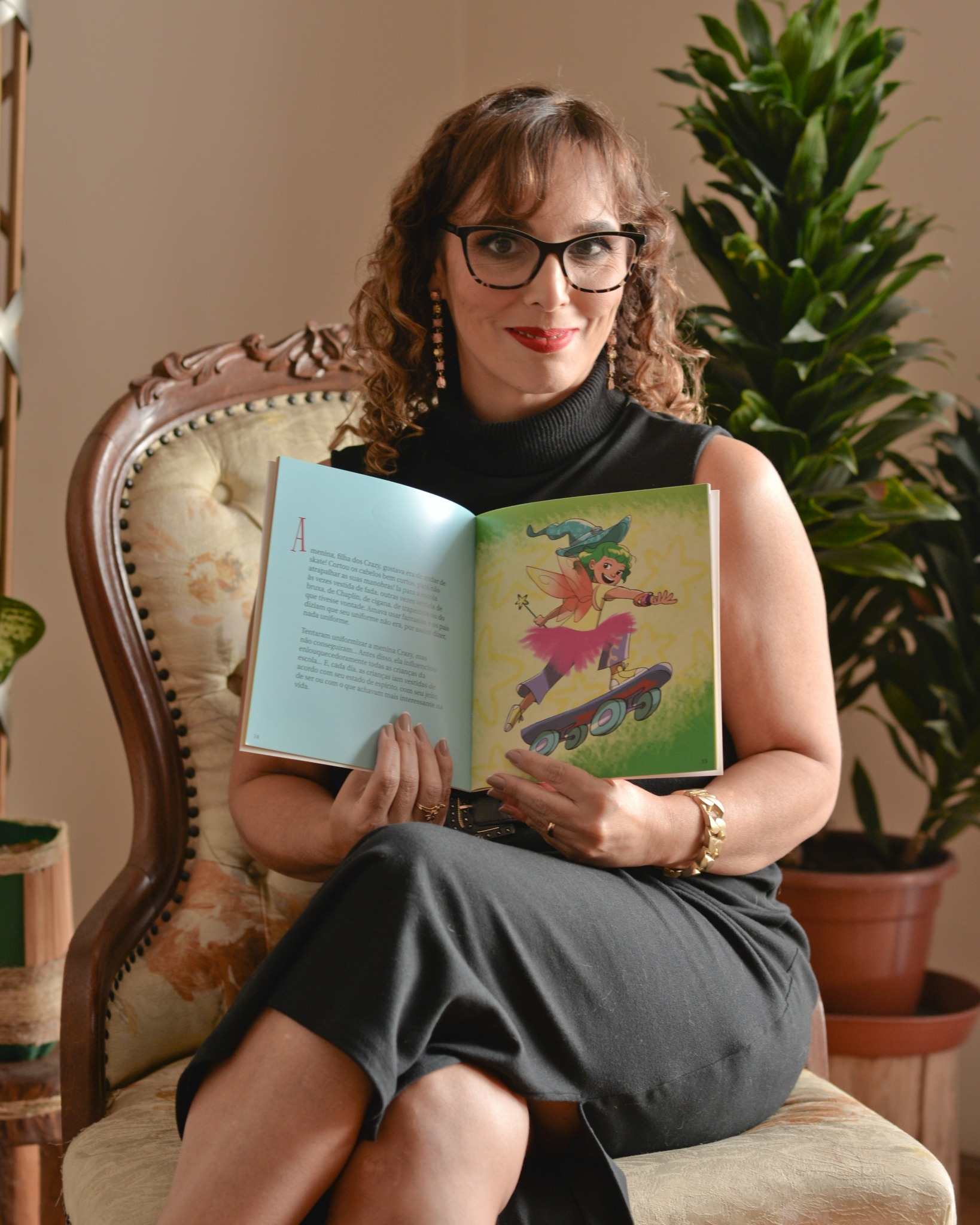
What do you think helped you build your reputation within your market?
My engagement with scientific work, with rigorous methodology was definitely what build my reputation. As I went to a field that was not very common in Psychology: Religious and Spiritual Psychology; it was very risky for me to be seem like a charlatan or an impostor. But, as I made all the hard work in research, studied with great professors all around the world and published in good scientific journals, I could be heard and respect as a reference in the field. This is what I always tell to young psychologists: to make good and high level research!
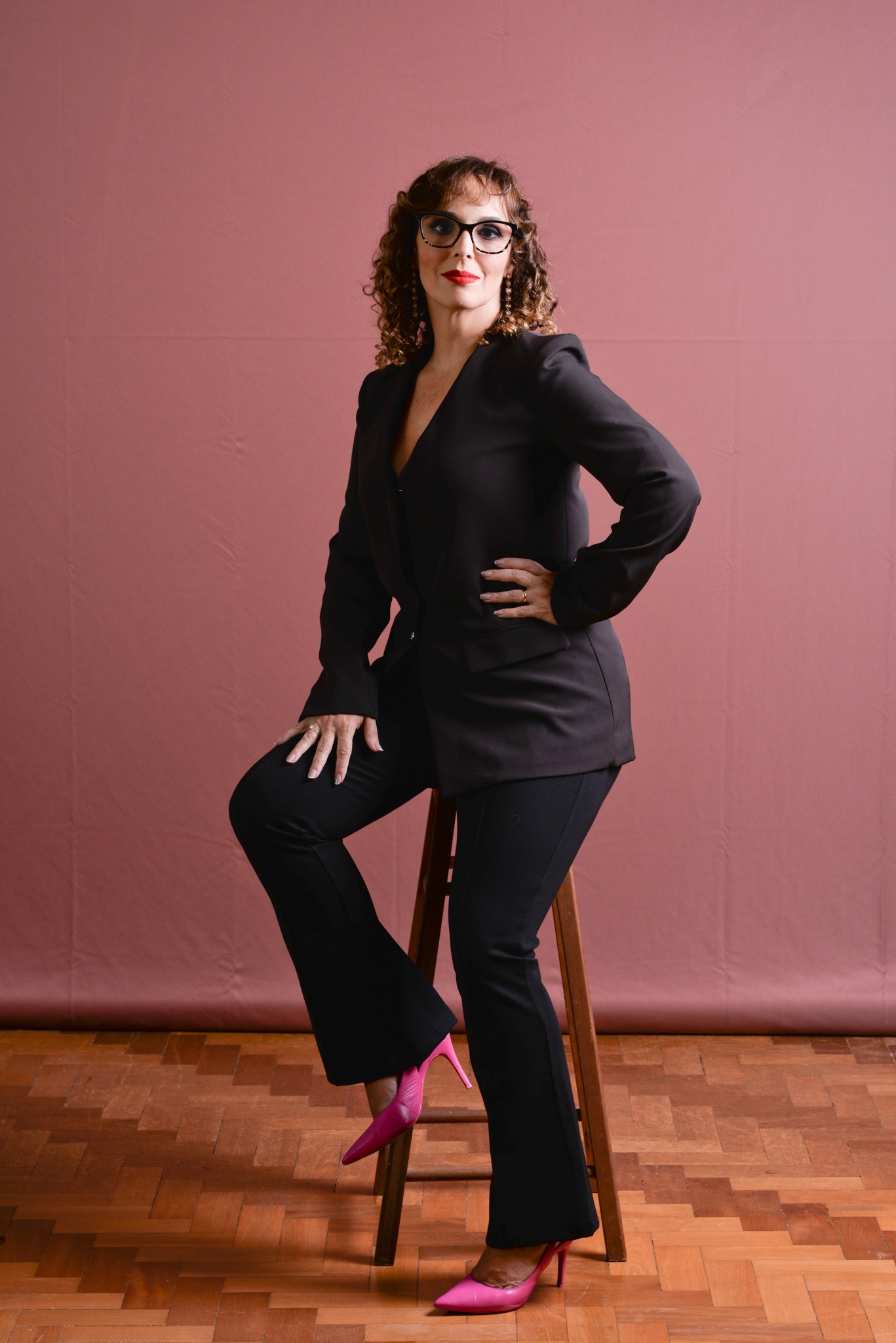
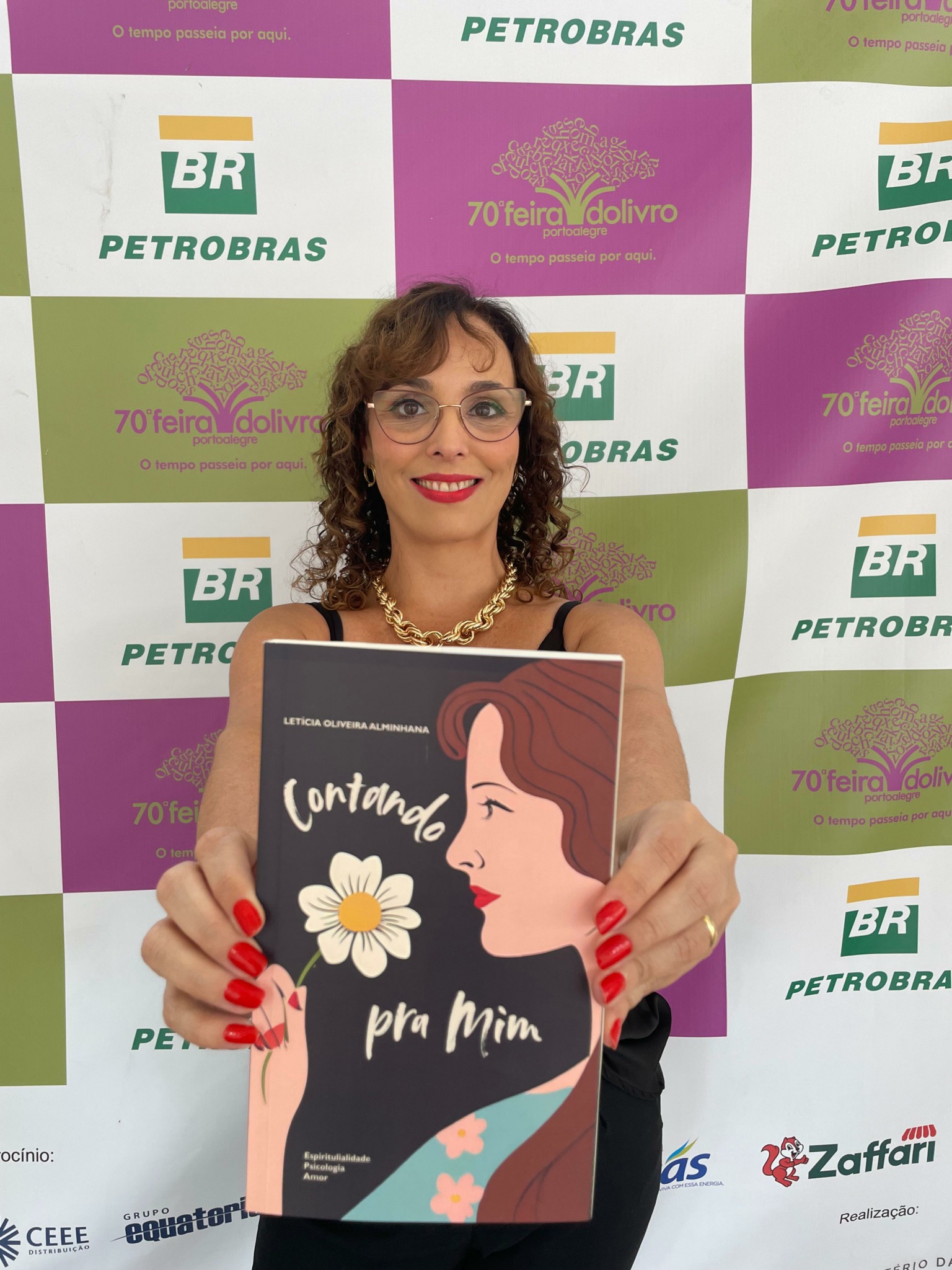
Learning and unlearning are both critical parts of growth – can you share a story of a time when you had to unlearn a lesson?
When I started my career, I was mistreated and suffered psychological abuse by some of the supervisors and heads of departments. My main lesson was not to over trust and allow any power abuse, no matter from who or were it is coming from. My self esteem was very affected and I have symptoms of PTSD (Post Traumatic Stress Disorder), many years after the bad experiences. So, if you are starting an academic work, don’t let any one to treat you without respect.
Contact Info:
- Website: www.draleticiaalminhana.com.br
- Instagram: @dra.leticiaalminhana
- Linkedin: https://www.linkedin.com/in/let%C3%ADcia-oliveira-alminhana-aa8a1bb3/
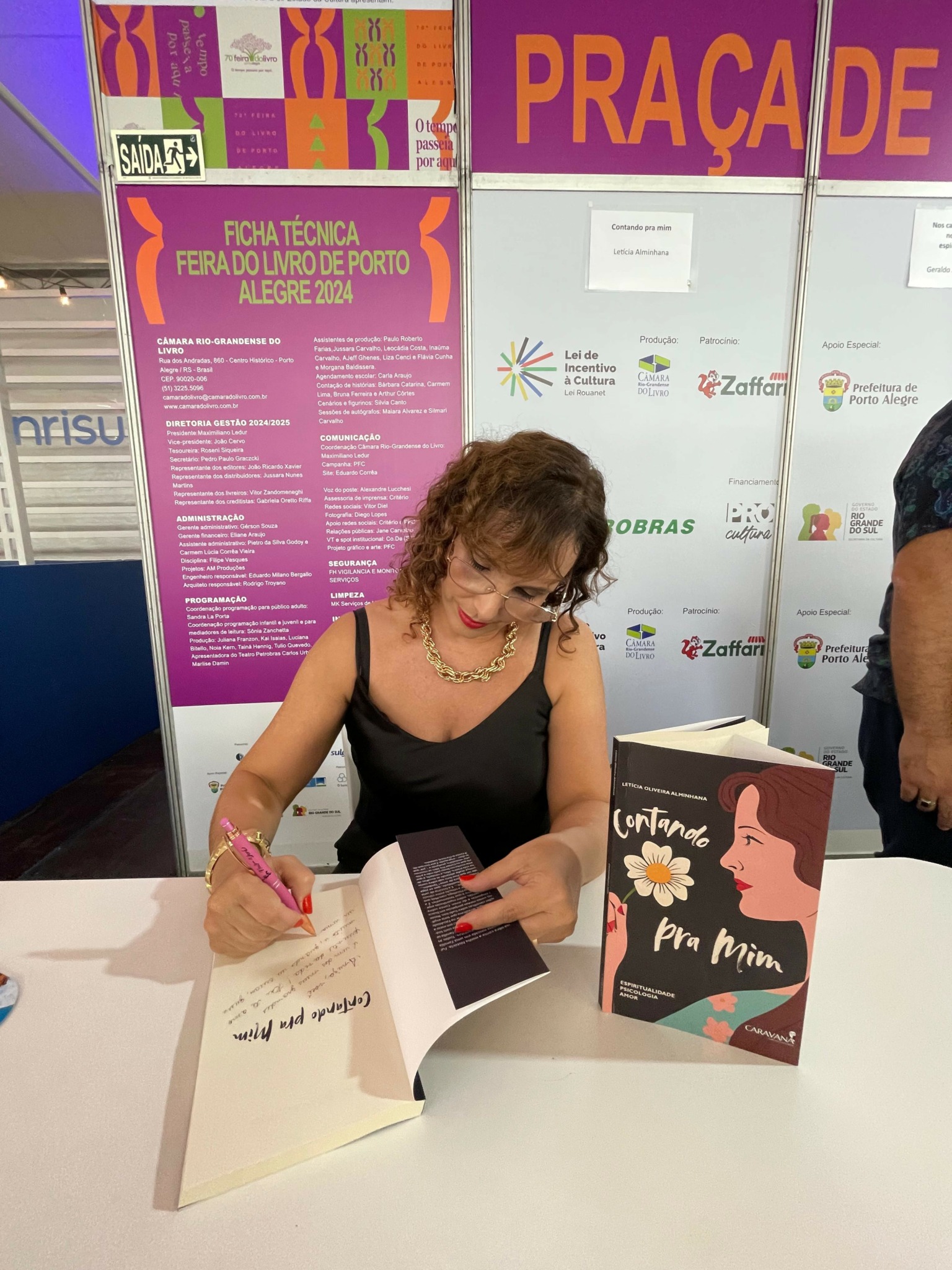
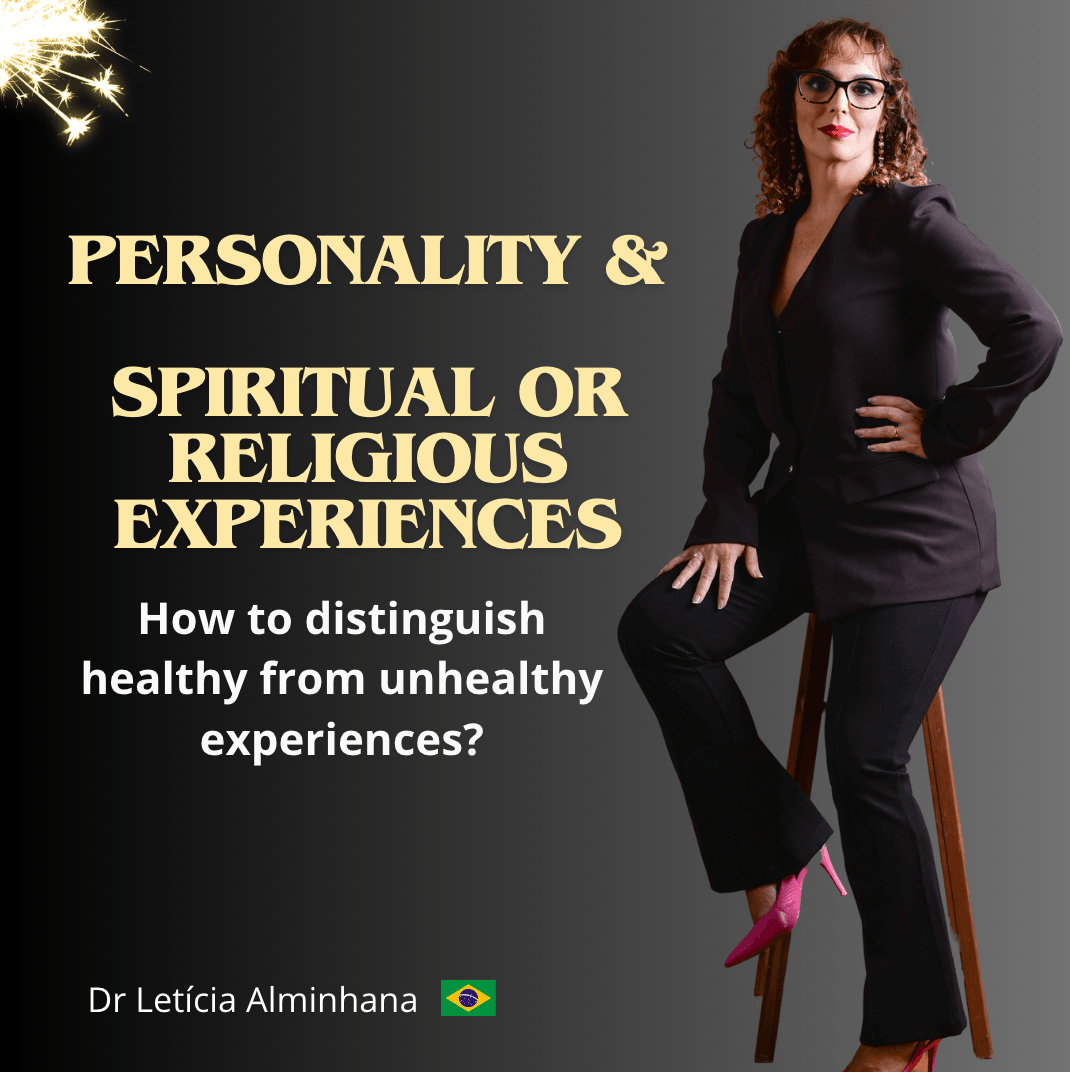
Image Credits
Luzardo Silva and Tiago Tatton


